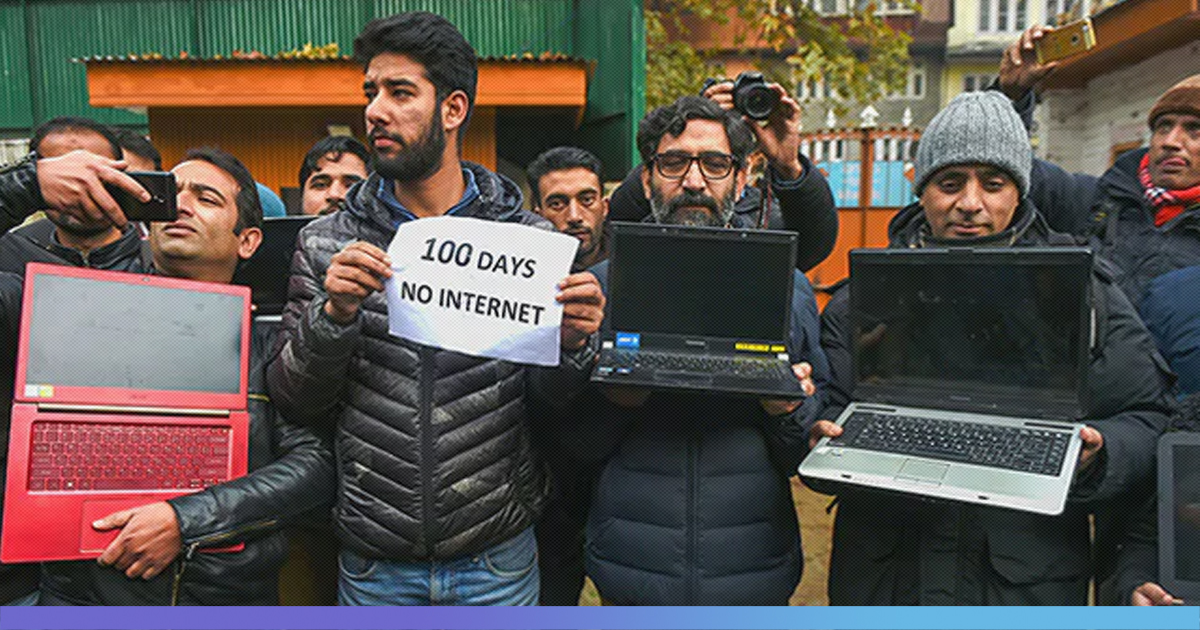After Internet shutdown in several Northeast states, now Murshidabad, Malda, Howrah, North 24-Parganas, and South 24-Parganas districts of West Bengal, and Aligarh are witnessing the internet blockade.
As the protests against the Citizenship (Amendment) Act intensified, several other local Internet services have been shutdown.
In Jammu and Kashmir, people have been living without Internet services since August 5 this year after the government stripped the state of its special status under the Constitution.
Internet services are typically shutdown when there is civil unrest to ensure that the flow of information about government actions is blocked and that there is no communication among activists. It is also done to prevent the spread of rumours and fake news.
India leads the world in the number of Internet shutdowns, with more than 100 incidents reported in 2018 alone, as per a report by Freedom House, a US-based non-profit oganisation that conducts research and advocacy on democracy, political freedom, and human rights.
Freedom House, in its country report on India, stated that India has been shutting down Internet services in the country since 2010, during periods of unrest. Citing the reason as measures to stop the spread of rumours and disinformation that incite violence, authorities temporarily shut down telecom networks during riots and protests, on several occasions.
With time, the frequency, geographic distribution, and duration of these Internet shutdowns have “increased significantly”. These shutdowns lasted for hours, weeks, and even months at a stretch.
In 2018, from January-August, shutdowns were reported in 14 states with 36 incidents alone in Jammu and Kashmir. The Internet shutdown tracker reveals that the longest Internet Shutdown was observed in Kashmir in the year 2016, due to the tensions that prevailed after the Hizbul Mujahideen commander, Burhan Wani, was killed by security forces on July 8.
As per a study by Indian Council for Research on International Economic Relations, Internet shutdowns in India from 2012-2017 resulted in the economy suffering a loss of $3 billion (approx ₹87,000 crore). Besides economic loss, these shutdowns have a far-reaching social and psychological impact as well.
The constant blockade of connectivity restricts people from expressing themselves freely- a right given to every Indian under Article 19 of the Indian constitution.













